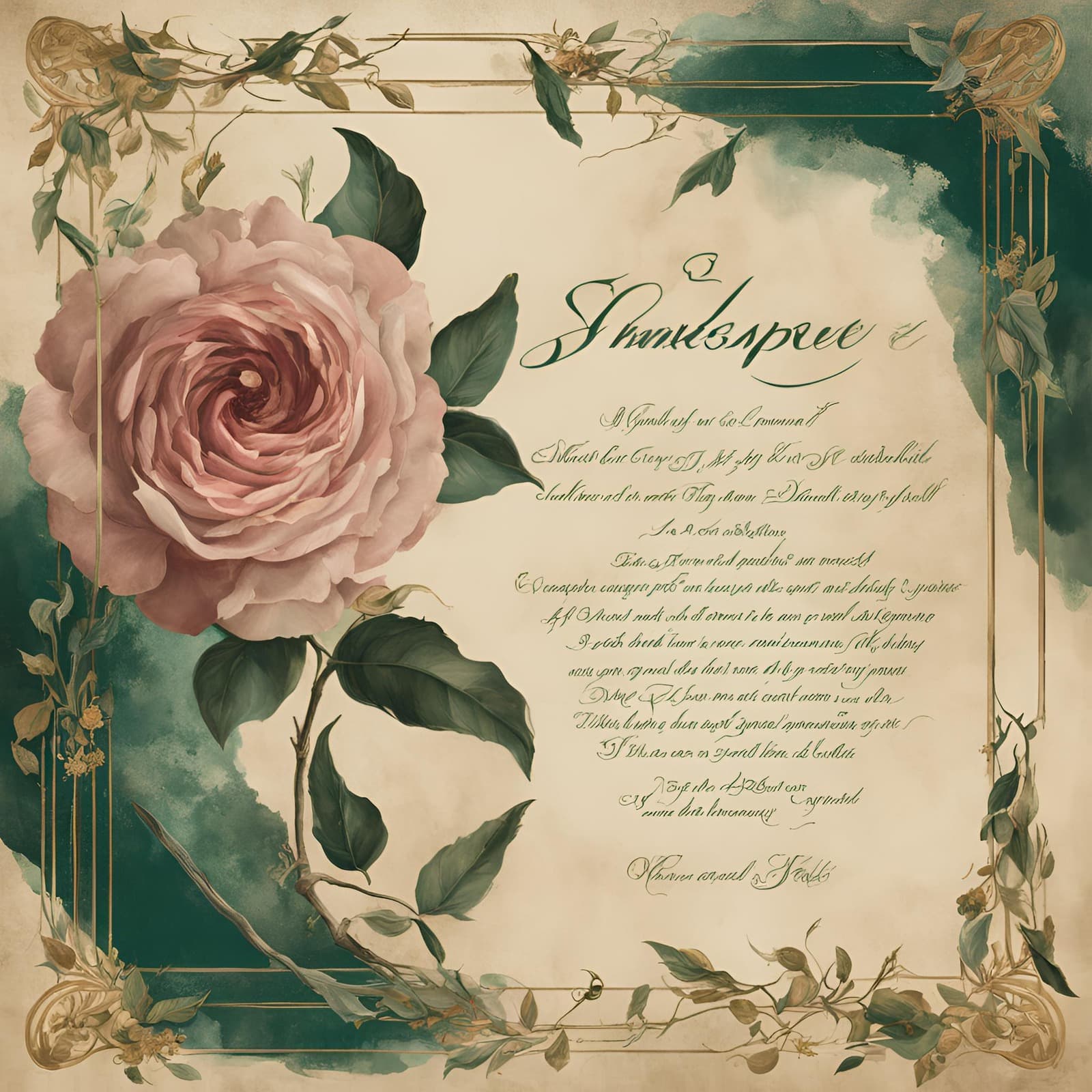莎士比亚十四行诗第97首 | 莎士比亚十四行诗
更新时间:1/19/2025, 12:32:31 PM

原文
How like a winter hath my absence been From thee, the pleasure of the fleeting year! What freezings have I felt, what dark days seen, What old December’s bareness everywhere! And yet this time removed was summer’s time, The teeming autumn, big with rich increase, Bearing the wanton burden of the prime, Like widowed wombs after their lords’ decease. Yet this abundant issue seemed to me But hope of orphans and unfathered fruit; For summer and his pleasures wait on thee, And, thou away, the very birds are mute; Or, if they sing, ’tis with so dull a cheer, That leaves look pale, dreading the winter’s near.
译文
不在你身边,我就生活在冬天,
你呵,迅疾的年月里唯一的欢乐!
啊!我感到冰冷,见到阴冻天!
到处是衰老的十二月,荒凉寂寞!
可是,分离的时期,正夏日炎炎;
多产的秋天呢,因受益丰富而充实,
像死了丈夫的寡妇,大腹便便,
孕育着春天留下的丰沛的种子:
可是我看这繁茂的产物一齐
要做孤儿——生来就没有父亲;
夏天和夏天的欢娱都在伺候你,
你不在这里,连鸟儿都不爱歌吟;
鸟即使歌唱,也带着一肚子阴霾,
使树叶苍黄,怕冬天就要到来。
注释
诗人不在他爱友身边,而夏秋的欢娱也已过去,到处都是冬天的寒冷与寂寞。诗人写这首诗时可能正逢冬天,但比喻的成分更多些。——第二行:诗人的爱友在一年四季中,都是诗人的欢乐的源泉。第五行:他们在夏季也不在一起。第六至十行可能是这样的意思:春天,他们是在一起的,夏天秋天,他们分开了,因此,春是父亲,秋是母亲,将来孩子生下时,春早已不在(死去),所以是孤儿,这孤儿比喻诗人单独对他与爱友在一起时的回忆。第十一至十四行:因为爱友不在,春也就死了,而且夏也毫无生气了,鸟也不唱了,即使唱,也是悲哀的音调,连树叶都怕冬天就要来了。